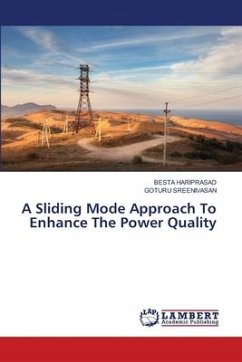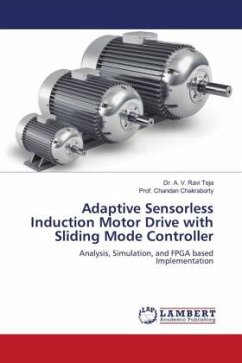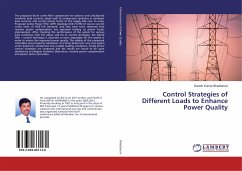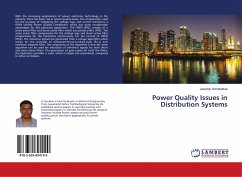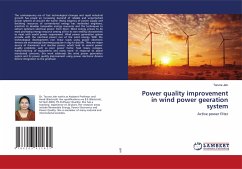An integral terminal sliding mode control design was proposed to enhance the power quality of wind turbines under unbalanced voltage conditions. The design combines the robustness, fast response, and high quality transient characteristics of the integral terminal sliding mode control with the estimation properties of disturbance observers. It was successfully implemented to both the rotor-side (RSC) and grid side (GSC) converters of a DFIG-based wind turbine. The controller gains were auto tuned using a fuzzy logic approach. Its performance was assessed in the presence of deep voltage sags and under varying parameter conditions. Its dynamic response was also compared to that of the standard SMC. The performance analysis and simulation results confirmed the ability of the proposed approach to maintain the active power, currents, DC-link voltage and electromagnetic torque within their acceptable ranges even under the most severe unbalanced voltage conditions.
Bitte wählen Sie Ihr Anliegen aus.
Rechnungen
Retourenschein anfordern
Bestellstatus
Storno

